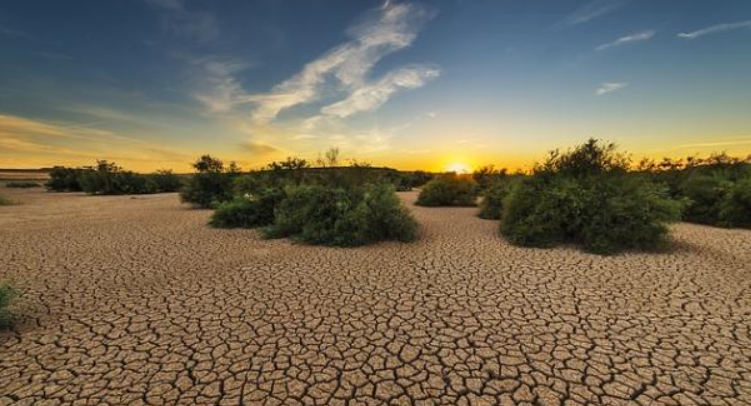Madhya Pradesh's Proactive Drought Mitigation Measures
Disaster Management Disaster Management in IndiaPosted by admin on 2025-01-30 09:21:10 |
Share: Facebook | Twitter | Whatsapp | Linkedin Visits: 88

Madhya Pradesh, a state in central India, has long been vulnerable to the adverse effects of drought due to its reliance on monsoon rains. In recent years, the state has faced consecutive years of low rainfall, leading to severe water shortages, crop failures, and an increased burden on its farmers. In response, the state government has rolled out a series of innovative and proactive drought mitigation efforts to address the water crisis and reduce the impact on local communities.
One of the key initiatives in these mitigation efforts is the construction of check dams across the state. These structures are designed to capture and store water during the monsoon season, preventing water runoff and replenishing groundwater levels. The check dams are strategically built in areas that are most vulnerable to drought, ensuring a consistent water supply throughout the year. Along with check dams, the state has actively promoted rainwater harvesting as a crucial method to conserve water and recharge groundwater reserves. This initiative has been extended to both urban and rural areas, encouraging the installation of rainwater harvesting systems at homes, schools, and community buildings.
These efforts are not only helping to mitigate the effects of drought but are also contributing to the overall sustainability of water resources in the state. The state's focus on water conservation, coupled with improved management of existing resources, has helped create a more resilient water supply system, providing much-needed relief to drought-stricken regions. By investing in these initiatives, Madhya Pradesh is working toward securing a more stable water future for its citizens, especially farmers who are most affected by the erratic nature of rainfall.
Search
Categories
Recent News
- Trade Deal Debate: India's Energy Security Assured, Says Minister Goyal
- Copper's Slump: A Buying Opportunity or Market Reset?
- Bengaluru Metro's Pink Line Expansion: A Breath of Fresh Air for Commuters
- Ghana's Youth Drug Crisis: A National Tragedy
- India's Services Sector Soars: A Boost for the Economy
- Gold Bond Investors Face New Tax Reality
- Bengaluru Colleges Face Uncertain Future: The Looming Fee Hike Crisis
- Anna University Convocation: Minister's Absence Sparks Speculation